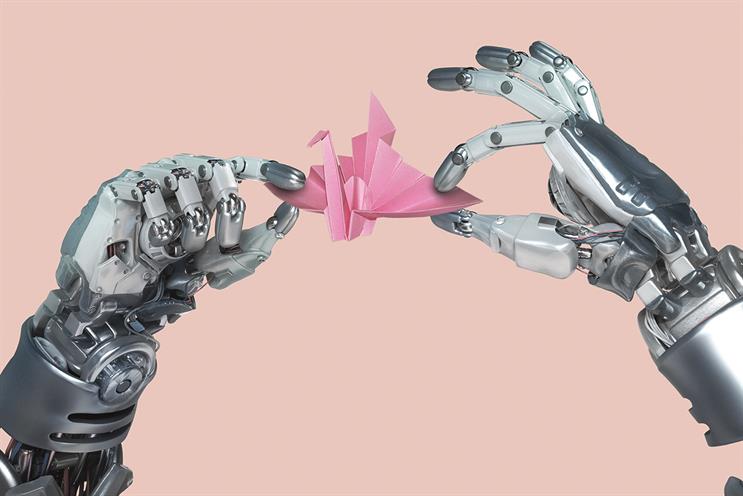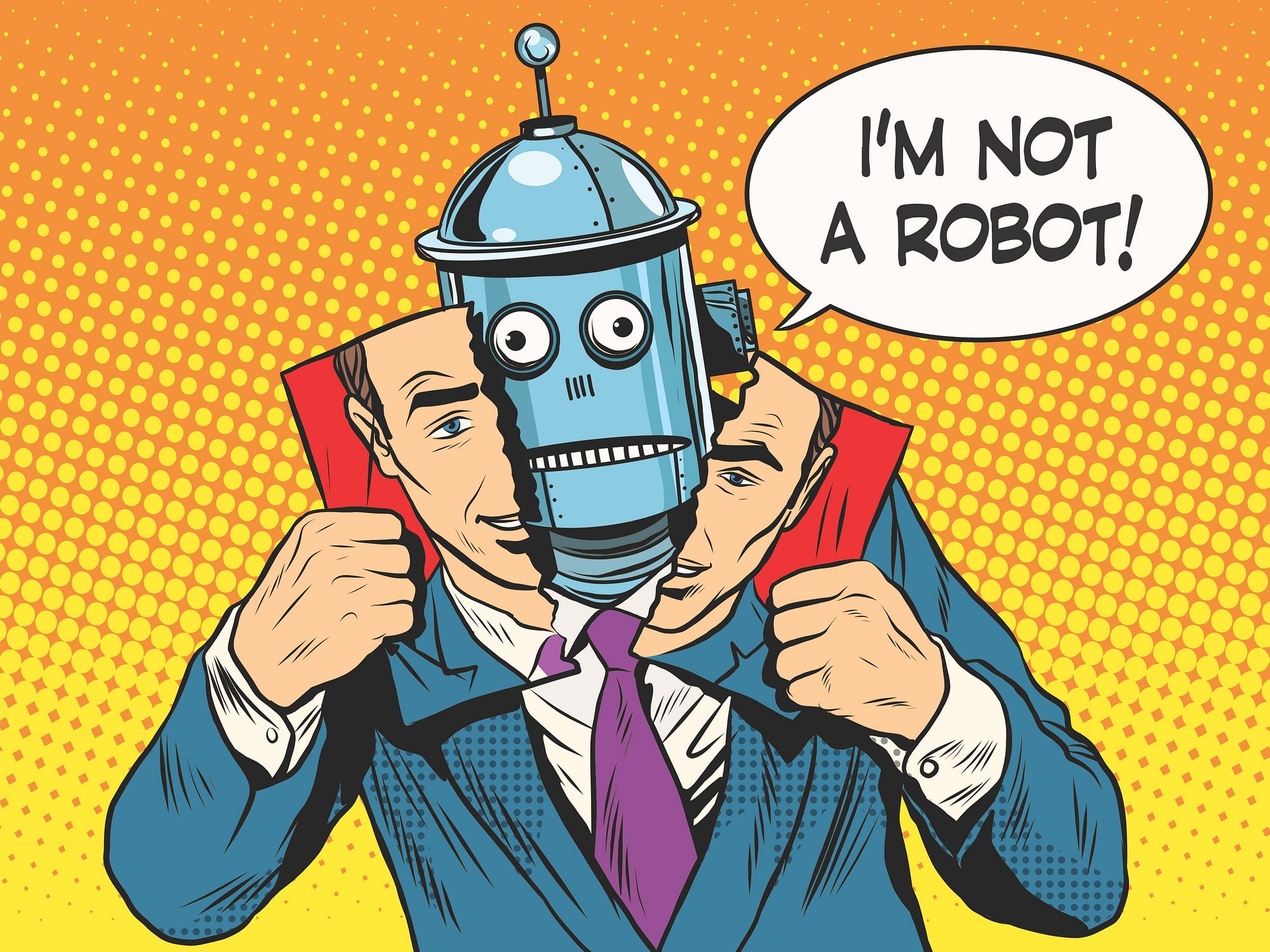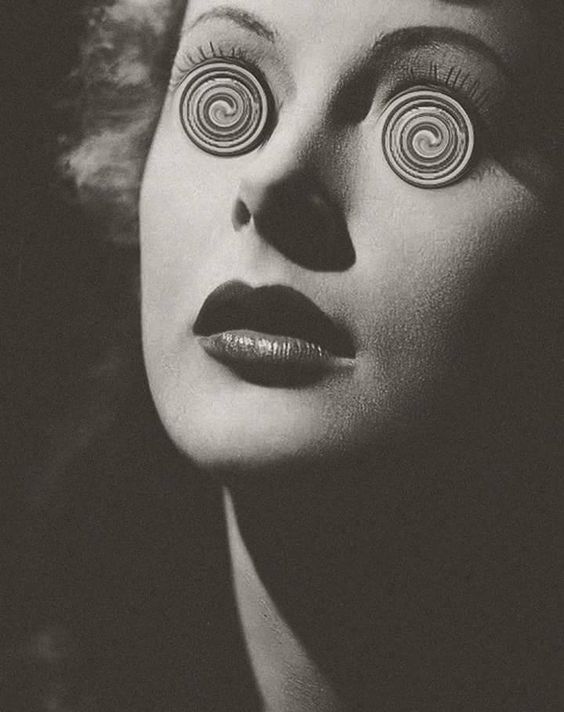A few months ago, Sophia Bush sat down with the hosts of Podcrushed and told a story about fame and autonomy. Her story was about a moment on a night out at a bar when a man kept taking videos of her and her friends. When asked to stop, he replied “I don’t have to stop […] I watch your show so I pay your fucking salary. You are a piece of meat to me.”
In her documentary, Miss Americana, Taylor Swift shared a shot of her exiting her New York apartment with swarms of fans waiting for her.
In November of 2022, Paul Mescal spoke about an incident with a woman that left him speechless. A woman had told him that she saved a nude screenshot of him, saying “I didn’t think [Normal People] was any good, but I saw your willy and I have a photo.”

Performers are dehumanised for the jobs they take on, often spoken about as though indebted to those who stream their music or watch their shows. However, recently, we’ve seen that sense of ownership venture beyond the media these creators have produced.
A popular trend using AI has been recreating or reimagining songs using different artists. While this is often used as a fun way to see people’s favourite artists sing someone else’s song, it opens up the discussion of how we as consumers view creators and their work. One incident occurred of Selena Gomez commenting “scary” on a video of someone taking her voice to cover The Weekend’s Starboy.
It is no secret that the entertainment industry is a fan of AI. One of the terms surrounding the SAGAFTRA strike is that writers do not want companies to use their writing to train AI. Where does this leave creators?
It is an easy assumption that these AI generated covers will keep getting copyright stricken but this does not stop people from generating them, especially if they aren’t making money off of them. As well, because AI is still fairly new in terms of music, one begs the question of whether copyright will subsist in machine-generated work. When it comes to AI generated music, there is an indication from courts that what is created will not be under copyright protection if the product is derived from a computer-generated program.

This means artists may have to look toward laws surrounding misappropriation of personality. This is when a person has built a reputation for themselves that has commercial value and someone uses their brand to profit. One example surrounding this concept was when Mr Rogers sued the KKK. They had set up a phone number for a Mr Rogers impersonator to spew racist rhetoric to children. Now, instead of impersonators, people have access to programs to generate voices to make it sound like certain people are saying anything; blurring the line of control.
With the development of AI and with how quickly things move online, it’s safe to assume the way production companies and management teams will protect their rights comes down to money. As far as things go, if people are playing around with people’s voices without monetization, it is technically okay to do. As far as legality, generated voices could become another version of a deepfake video. It won’t be surprising if the moral ownership is shifted to the consumer. Instead of a fun AI cover on Spotify that someone uploads, companies may attempt at pushing “authentic” content, possibly pushing wedges between creators and their fans.

This is something that people saw a glimpse of when Olivia Rodrigo had to end up giving Taylor Swift writing credits for playing a few chords from New Years Day in 1 Step Forward, 3 Steps Back. Sampling is never going away, cover songs are never going away, it is futile to attempt to paint this as a new, totally negative thing. In the end, it’s just a different type of product. Just like all other programs, industries will make space for this type of media. The problematic aspects come with how people are viewed and used.
People have become products. Their face, their voice, their whole being has become a thing to consume. At the end of the day, monetary value is where people’s priorities lie. Fans give money to performers, so they feel like they are owed any and all performances. Production companies make money off of performers, so they will often do what it takes to keep consumers happy enough to buy four versions of the same album because each version has a different colour theme.
Is the problem with technology, authenticity, or capitalism? There doesn’t seem to be a clear answer that settles all quandaries. All that is known for sure is law and protection rights are going to fall behind the less they value the creatives behind these issues.

